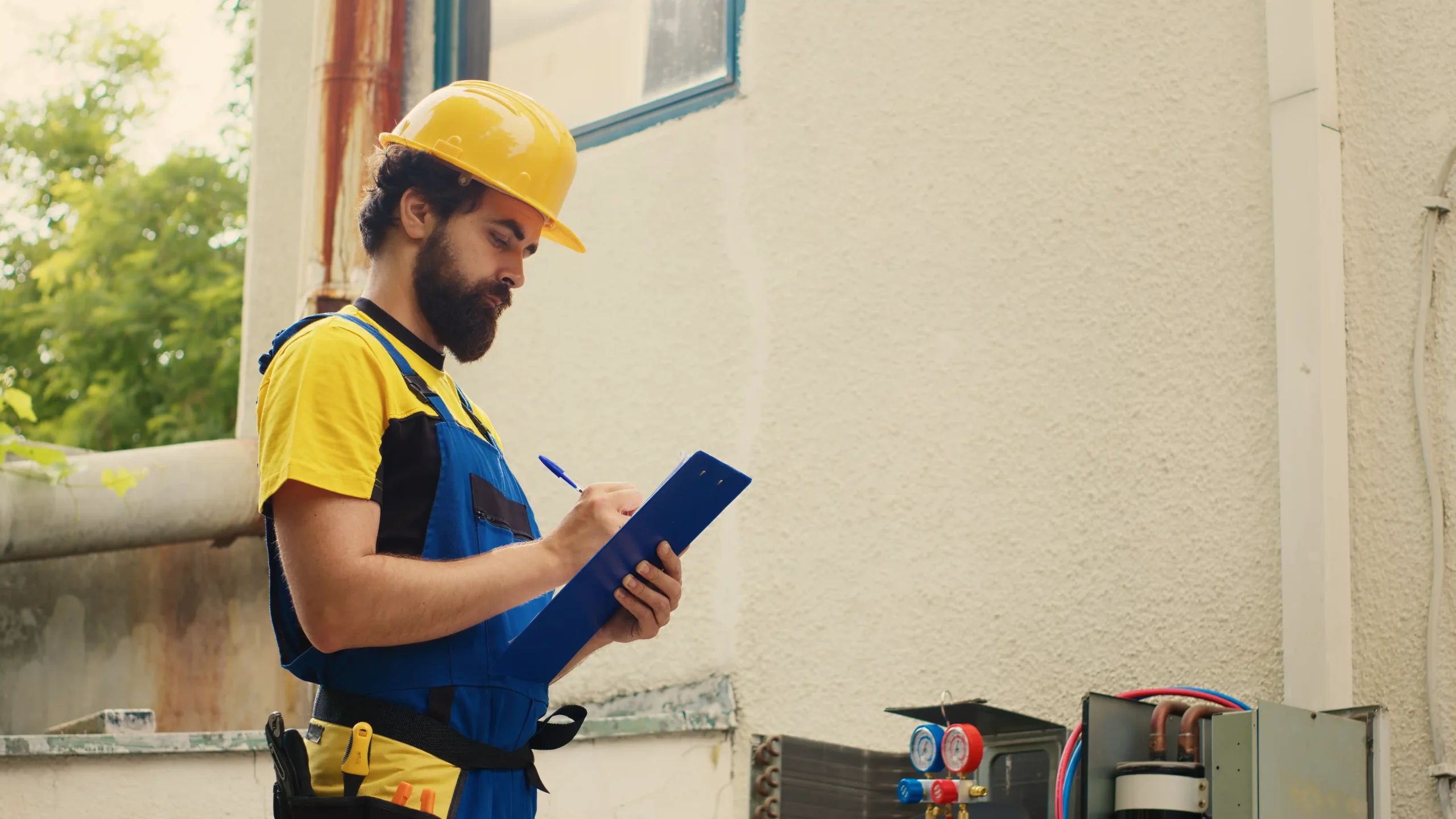Unity Home Inspections
Top-Rated Home Inspector in Seminole County Florida
Welcome to Unity Home Inspections. I’m Greg White, a certified, Top-Rated Home Inspector in Seminole County Florida serving Lake Mary, FL and surrounding areas. Whether you’re buying, selling, or just need a trusted evaluation, I provide comprehensive inspections that help you make confident, informed decisions.
Why Choose Us
Detailed inspection covering structure, roofing, electrical, plumbing, HVAC, and more
Clear, easy-to-read reports / sample report provided
Fast turnaround, clear communication — I take time to walk you through findings
Local expertise: experienced in regional building codes and common Florida home issues
Optional specialized inspections (e.g. mold testing) to give an extra layer of protection

Schedule Your Inspection
What We Inspect and Why
At Unity Home Inspections, I inspect every detail to ensure the highest standards of safety, quality, and compliance. From residential properties to commercial buildings, our thorough inspections cover all critical aspects, including structural integrity, electrical systems, plumbing, HVAC, and more. Our experienced inspectors utilize the latest technology and methodologies to identify potential issues before they become costly problems, providing peace of mind for homeowners and business owners alike.

Interior, exterior, walls, windows, and doors

HVAC (heating, ventilation, and air conditioning)

Basement, crawlspace, and structure

Fireplace, Roof and attic, Electrical, Plumbing
Greg White

Download for Free
Discover the best residential property inspection service in Seminole County, FL with Unity Home Inspections. I, as an experienced home inspector, offer comprehensive assessments for both buyers and sellers. Download my free booklet for valuable tips that will streamline your real estate journey. Click now.

Google Reviews
Posted onTrustindex verifies that the original source of the review is Google. I am an agent, Greg is honestly the best in the business! I highly recommend him!Posted onTrustindex verifies that the original source of the review is Google. Thank Greg White for all your help with both my Wind Mitigation, and my Four Point Inspection. The service was easy to schedule, on time, friendly and reasonably priced. He even forwarded all the information to my insurance agent. I highly recommend Unity Home Inspections.Posted onTrustindex verifies that the original source of the review is Google. I would like to extend my sincere thanks to Greg White from (Unity Home Inspections-UHI) for the home inspection. He is an amazing gentleman, very professional, incredibly thorough, and truly knows how to treat homeowners with care and respect. I appreciate his outstanding service. Again, Thanks so Much!Posted onTrustindex verifies that the original source of the review is Google. When my insurance threatened to cancel my policy due to a misguided assessment of my 4-year-old roof by their inspector, Greg from Unity Home Inspections came to the rescue. He promptly inspected my roof using a drone, capturing detailed photos that proved its actual condition. Thanks to Greg’s quick and professional service, I was able to present undeniable evidence to my insurance company, keeping my policy intact. His expertise and use of advanced technology not only saved my policy from being canceled but also saved me from undue stress and potential financial hassle. I highly recommend Greg for anyone needing thorough and reliable home inspection services.Posted onTrustindex verifies that the original source of the review is Google. I have recommended Greg to anyone I talk to that is needing inspections! He is efficient and loves what he does! CALL HIM!Posted onTrustindex verifies that the original source of the review is Google. Gary has been ever so helpful explaining our options. Thorough inspection. Pleasure to deal with. A+.
Free Consultation
Get expert guidance before you commit. Schedule your free home inspection consultation today.

